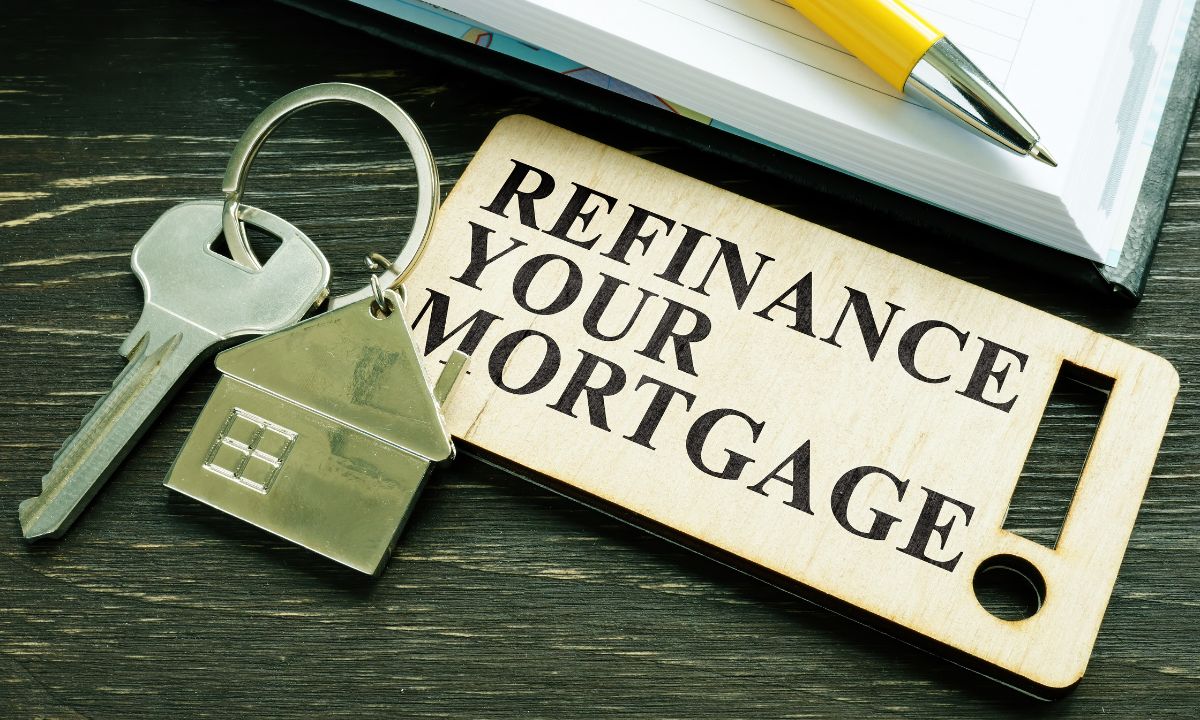 When you’re looking to purchase a home or refinance an existing mortgage, understanding how mortgage rates are determined is key to navigating your financial journey. These rates are influenced by a combination of personal financial factors and broader economic conditions, which work together to impact how much you’ll pay over the life of your loan.
When you’re looking to purchase a home or refinance an existing mortgage, understanding how mortgage rates are determined is key to navigating your financial journey. These rates are influenced by a combination of personal financial factors and broader economic conditions, which work together to impact how much you’ll pay over the life of your loan.
1. Your Credit Score
One of the most significant factors influencing your mortgage rate is your credit score. This three-digit number reflects your financial responsibility and creditworthiness. Borrowers with higher credit scores typically receive lower interest rates because they are considered less risky by lenders.
To improve your credit score and secure a better rate:
-
Pay your bills on time.
-
Reduce credit card balances.
-
Avoid opening new lines of credit before applying for a mortgage.
2. Loan-to-Value Ratio (LTV)
The loan-to-value ratio compares the size of your mortgage to the appraised value of the property. A lower LTV ratio—meaning a larger down payment—can often lead to better mortgage rates. Lenders view loans with lower LTV ratios as less risky because the borrower has more equity in the property.
3. Current Economic Conditions
The overall health of the economy has a direct impact on mortgage rates. Factors like inflation, unemployment rates, and GDP growth all influence the demand for housing and borrowing.
For example:
-
Inflation: Higher inflation generally pushes mortgage rates up because lenders need to maintain returns that outpace inflation.
-
Economic Slowdowns: In weaker economic times, rates might drop to encourage borrowing and stimulate growth.
4. The Role of the Federal Reserve
While the Federal Reserve doesn’t set mortgage rates directly, its policies heavily influence them. The Fed adjusts the federal funds rate to manage economic growth and inflation. When the Fed raises interest rates, mortgage rates often increase as a result, and vice versa.
5. Type of Loan
The type of loan you choose also plays a role in determining your rate. For instance:
-
Fixed-Rate Mortgages: Offer stability, with rates typically higher than adjustable-rate mortgages at the outset.
-
Adjustable-Rate Mortgages (ARMs): Typically start with a lower rate, but rates may fluctuate over time based on market conditions.
6. Market Competition
Mortgage rates can also vary based on the level of competition among lenders. During times of high competition, lenders may offer more competitive rates to attract borrowers.
7. Location and Loan Amount
Where you’re purchasing a home and the size of your loan can influence your rate. Certain areas may have higher rates due to state-specific regulations, while loans that exceed conforming limits (jumbo loans) usually come with higher rates due to increased risk.
How to Position Yourself for Better Rates
Understanding these factors gives you the tools to secure the best mortgage rate possible. Here are a few actionable steps:
-
Monitor your credit score and take steps to improve it.
-
Save for a larger down payment to lower your LTV ratio.
-
Stay informed about economic trends and consider locking in rates during periods of stability.
-
Shop around and compare offers from multiple lenders to find the most competitive rates.
Mortgage rates are influenced by a blend of personal financial health and broader economic factors. By understanding the elements at play—like credit scores, Federal Reserve policies, and loan types—you can make more informed decisions when financing your home. With the right knowledge and preparation, you can position yourself to secure a mortgage rate that aligns with your goals and budget.
 As the year comes to a close, it’s the perfect time to consider refinancing your mortgage. Whether you’ve been thinking about lowering your monthly payment, securing a better interest rate, or tapping into your home’s equity, refinancing can offer many benefits. However, the timing can make all the difference. Here’s why refinancing before the year ends might be a great option for you.
As the year comes to a close, it’s the perfect time to consider refinancing your mortgage. Whether you’ve been thinking about lowering your monthly payment, securing a better interest rate, or tapping into your home’s equity, refinancing can offer many benefits. However, the timing can make all the difference. Here’s why refinancing before the year ends might be a great option for you.